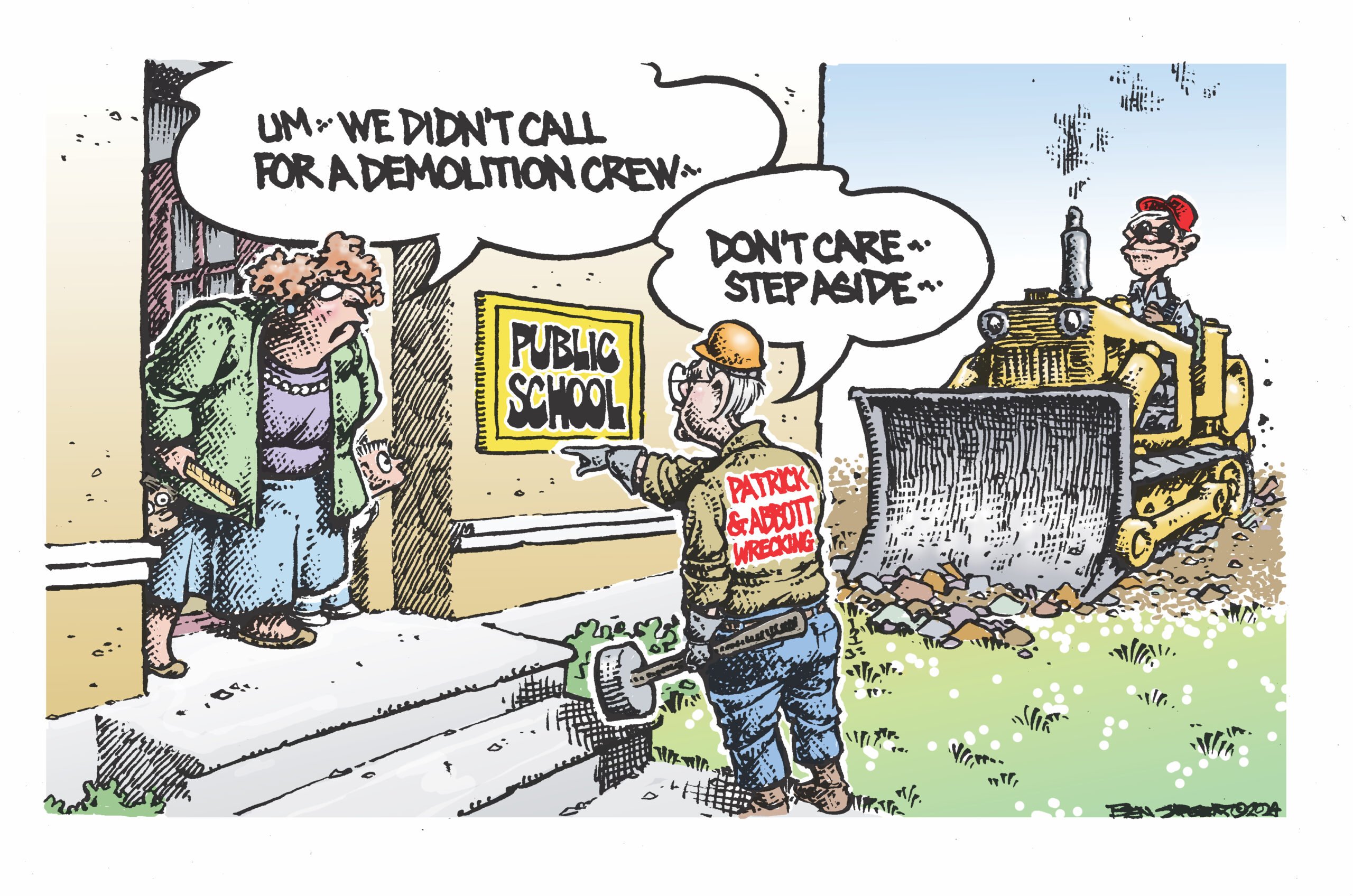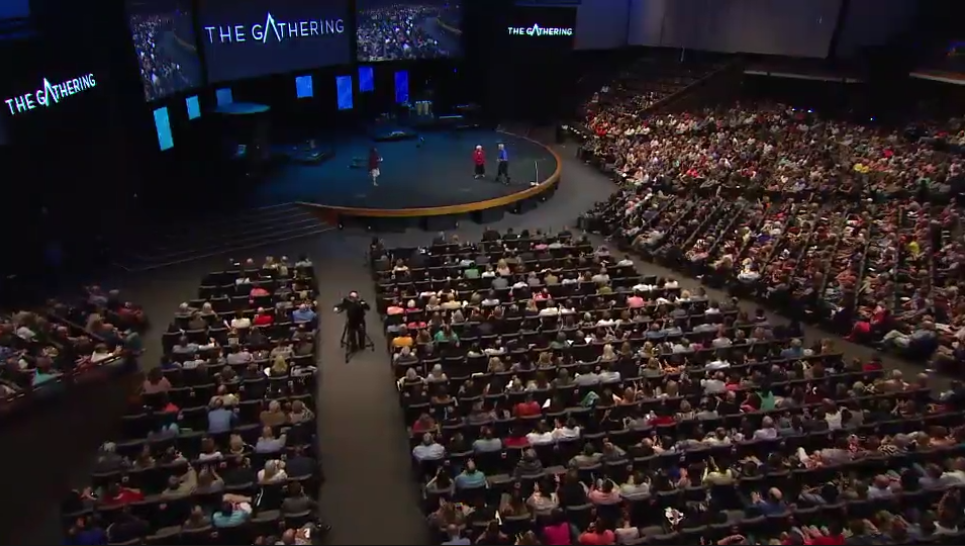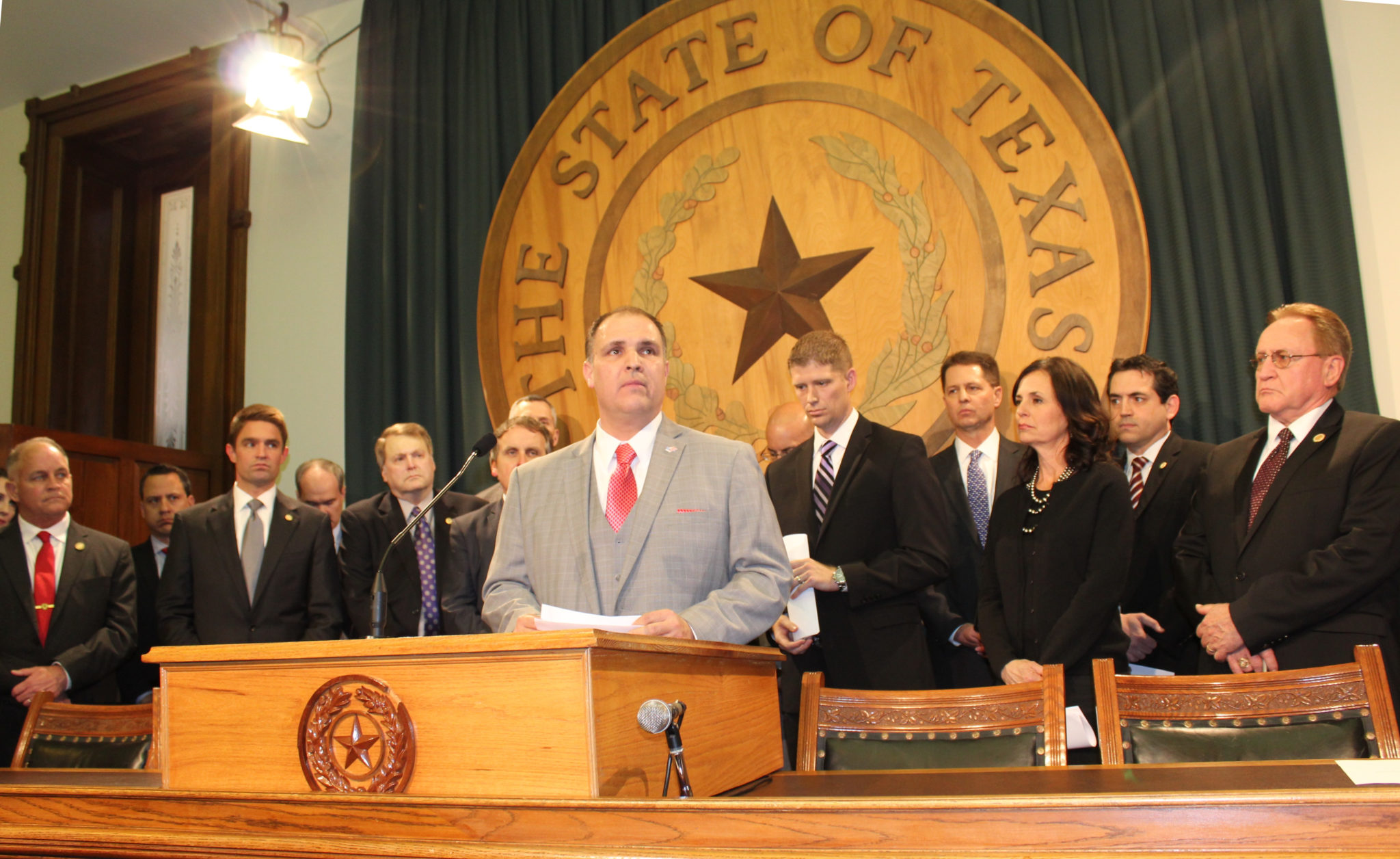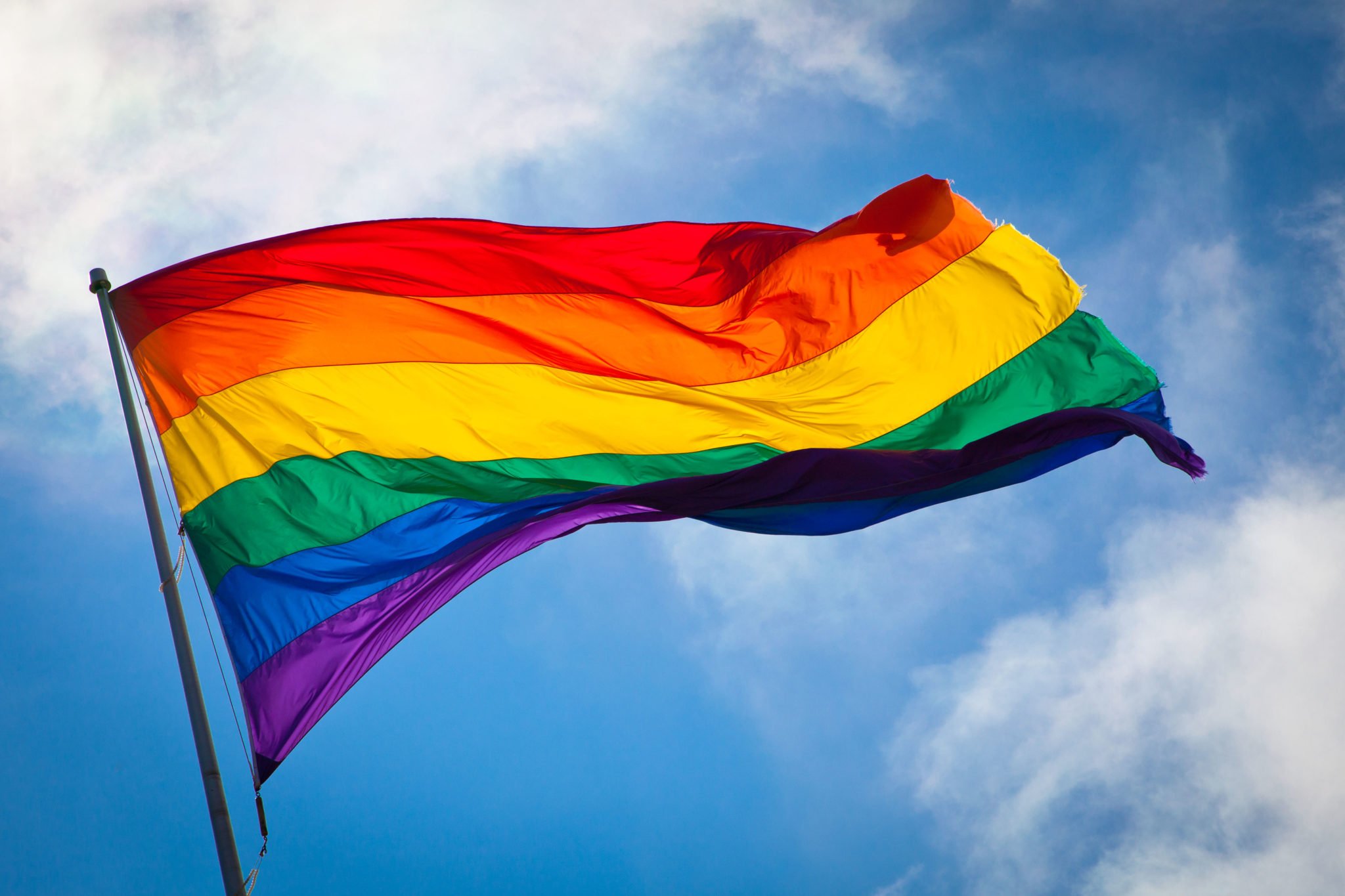
Law Will Allow Texas to Refuse Same-Sex Couples, Non-Christians as Foster Parents
The proposal would also protect contractors who send children to parochial schools and deny abortion access to young women in their care.

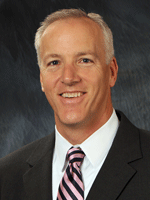
UPDATE: Governor Greg Abbott signed House Bill 3859 into law on June 15. It takes effect September 1.
On the last day to file bills this legislative session, a conservative lawmaker combined two hot-button issues into one proposal: child welfare reform and religious freedom.
House Bill 3859, filed by Representative James Frank, R-Wichita Falls, prevents the state from taking any “adverse action” against faith-based religious organizations that refuse to provide services on the basis of “sincerely held religious beliefs.” The bill’s language is broad and amounts to a thinly veiled attempt to allow foster care providers to refuse to place children with same-sex couples and non-Christians.
“It’s particularly insidious given the very real problems in the child welfare system,” said Ryan Valentine, deputy director of the Texas Freedom Network, a left-leaning advocacy group. “Child welfare decisions should always be made with the child’s interest at the center of that decision. This turns that upside down and says what matters more than that is the religious convictions of state contractors.”
Those “very real problems” include a serious capacity crisis, with foster children sleeping in hotels and Child Protective Services (CPS) offices because there aren’t enough homes for them. More than 200 kids died as a result of abuse and neglect in Texas last year. While there are efforts on the part of the lieutenant governor’s office to encourage the faith community to take up the slack, religious freedom bills could prevent a wide swath of Texans from becoming foster parents or providing kinship care.
Valentine says same-sex parents are the group most concerned about the bill, but the language could also affect foster children of non-Christian faiths as well as unwed mothers. The bill would also protect contractors who send children to parochial schools and deny abortion access to young women in their care.
Some of the protections are already covered in the state’s 1999 Religious Freedom Restoration Act.
“You can have a situation where state tax dollars are flowing to state contractors that are essentially telling single mothers, people of other faiths, LGBT families ‘you can’t apply here,’” Valentine said.
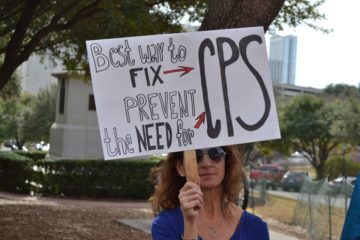
But the bill’s author says, unlike the other legislation to protect faith-based child welfare providers filed this session, HB 3859 requires at least one other non-religious provider in each region, so families aren’t limited to only religious options.
“Texas is a diverse state,” Frank said in an emailed statement to the Observer. “We want to ensure that we have an equally diverse set of organizations providing child welfare services to our kids and quality foster homes to provide a safe, stable, and loving environment for all.”
This isn’t the first time Republican lawmakers have tried to use the child welfare crisis to pass anti-LGBT religious freedom bills. Valentine says one bill came “within a whisker of passing last session.”
There are a number of similar bills filed this session. Representative Matt Krause, R-Fort Worth, is carrying what he calls the First Amendment Defense Act (FADA), which would provide protections for individuals and businesses to discriminate against the LGBT community and would apply to private child welfare providers.
A similar law, passed in Mississippi, was deemed unconstitutional by a federal court last year.
“It’s frustrating — especially for groups like ours, who defend religious liberty — when you’ve got [anti-LGBT] groups saying ‘religious liberty gives religious folks the right to discriminate against people they don’t like and the right not to follow laws they don’t agree with,’” Valentine said.
